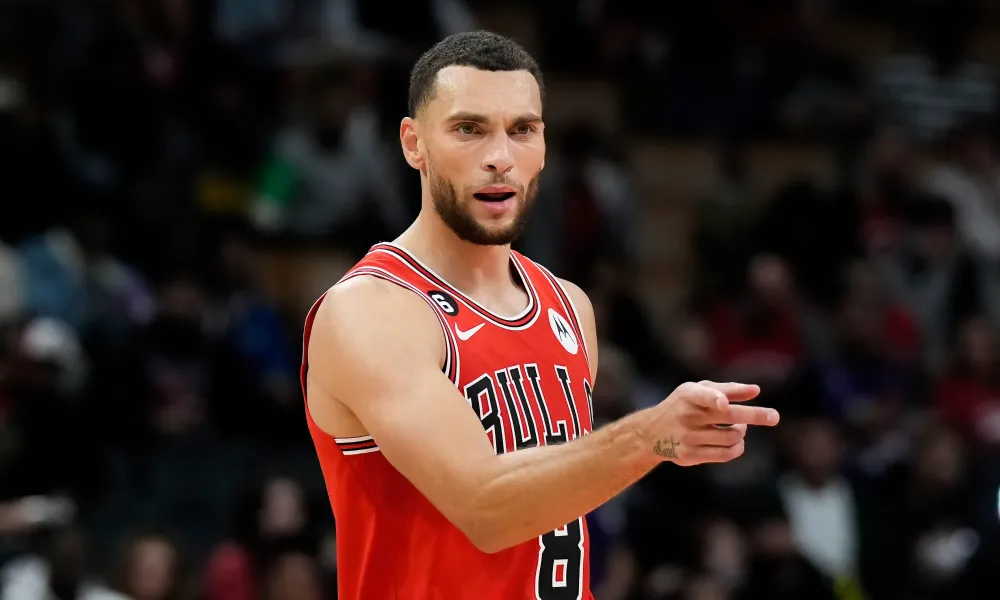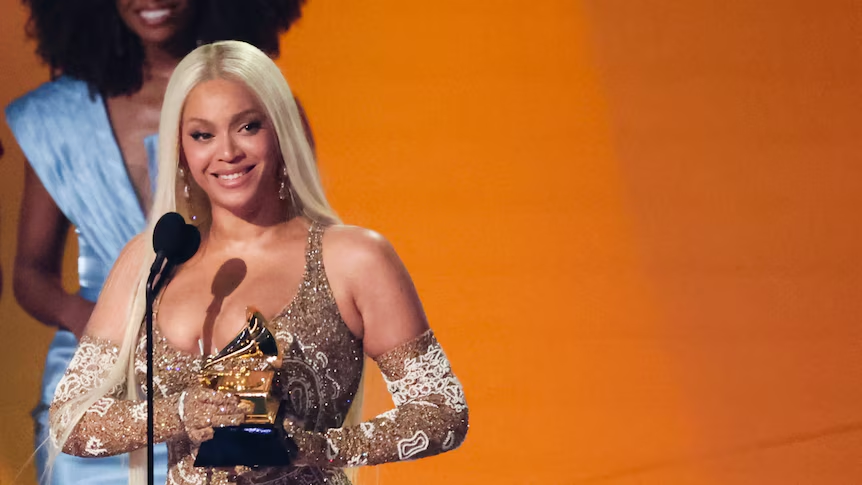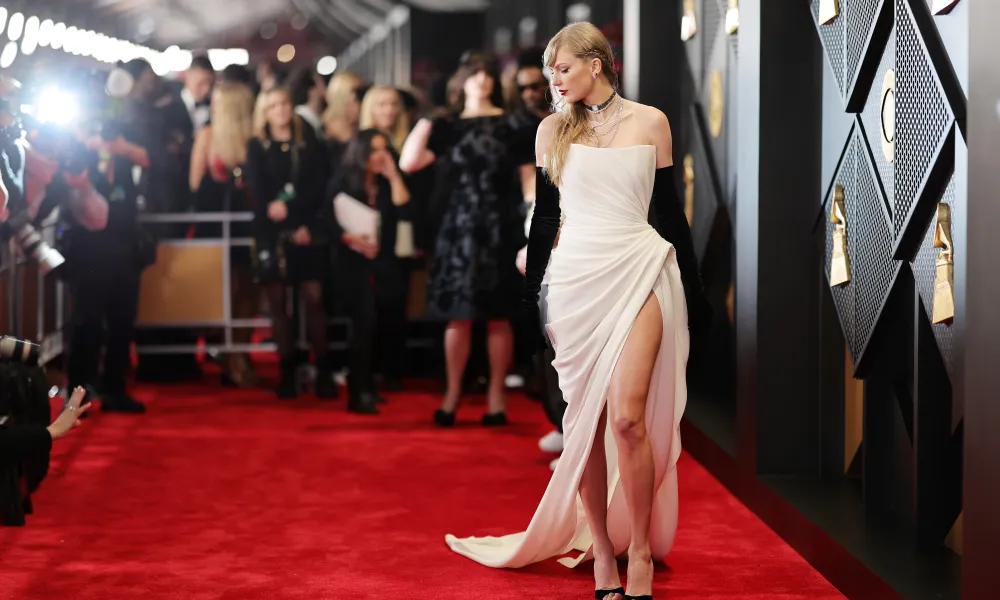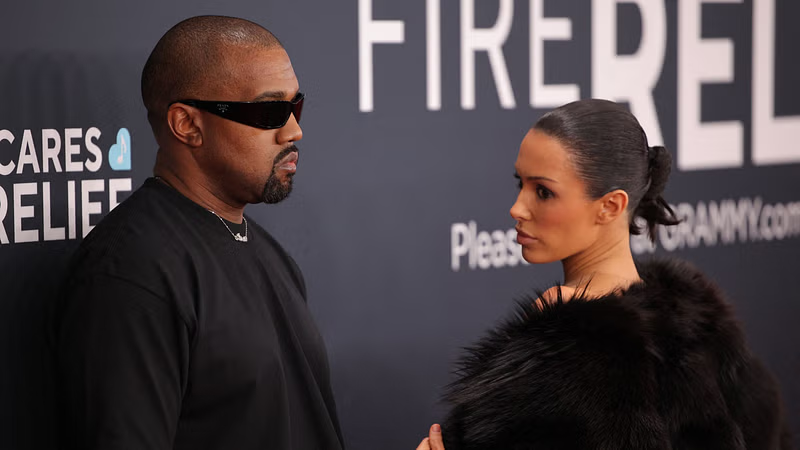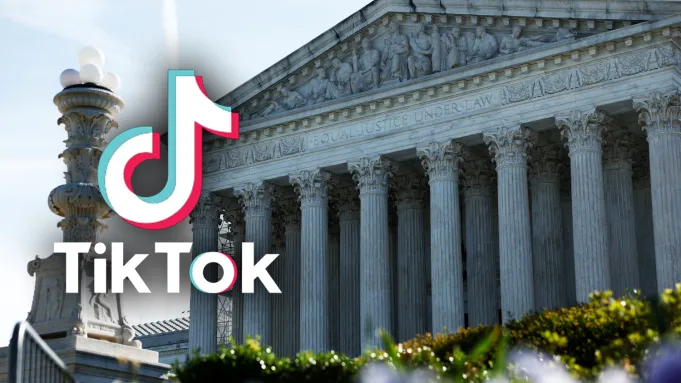
In recent years, TikTok has become one of the most popular social media platforms worldwide. With over 1 billion users globally, it has revolutionized how we consume content, allowing users to create, share, and enjoy short-form videos. However, as the app gained popularity, concerns about data privacy, national security, and content moderation also began to rise. Amidst these concerns, various governments, including the United States, have taken measures to address potential threats posed by TikTok, resulting in discussions of its potential ban.
In this article, we will explore the topic of TikTok’s possible ban, the involvement of the Supreme Court, and what it means for users, creators, and governments.
Why is TikTok Facing a Potential Ban?
TikTok, owned by the Chinese company ByteDance, has come under scrutiny in several countries due to national security concerns. Critics argue that the app collects large amounts of personal data from users and may be sharing this information with the Chinese government. The possibility of the Chinese government gaining access to private data raises concerns about user privacy and the potential for espionage.
In the United States, some lawmakers have suggested that TikTok poses a national security threat. The concern stems from the belief that user data, including location, browsing habits, and personal preferences, could be accessed by the Chinese government. These issues prompted government agencies to propose various measures, including a potential ban on the app.
The Role of the Supreme Court in TikTok’s Future

As the debate over TikTok’s future continues, the involvement of the Supreme Court has added an extra layer of complexity to the matter. The Supreme Court is responsible for making critical decisions on legal issues that affect the entire nation, and it could potentially play a key role in determining whether TikTok will be banned in the U.S.
In certain cases, the government has proposed restrictions or even a complete ban on TikTok. However, these actions have faced legal challenges, leading to ongoing litigation. The Supreme Court may eventually have to decide whether such bans are constitutionally valid or whether they infringe on freedoms such as free speech, privacy rights, and the right to access information.
Key Legal and Constitutional Issues
Several legal and constitutional issues come into play when considering a TikTok ban:
- First Amendment Rights: One of the primary concerns is whether banning TikTok would violate the First Amendment, which protects free speech. Social media platforms like TikTok allow users to express themselves freely, share ideas, and engage with others. A ban on TikTok could be seen as an infringement on these freedoms.
- Privacy and Data Security: Another major issue is the collection of personal data by TikTok. While the app collects data to deliver personalized content, many argue that this data is vulnerable to exploitation. The Supreme Court may need to weigh the potential risks to privacy against the need to protect national security.
- National Security vs. Free Access: Governments have the responsibility to protect citizens from potential threats, but they must also balance this with protecting individual rights. The Supreme Court may have to determine if banning TikTok is a justified measure to safeguard national security or an overreach of government power.
The Political Debate Over TikTok’s Ban

The discussion surrounding TikTok’s ban is also heavily influenced by political factors. In the U.S., the issue has become a partisan topic, with some political leaders advocating for the ban due to national security concerns, while others argue that the move would be an overreaction and could harm the free exchange of ideas on social media platforms.
In addition, there are economic considerations. TikTok has become a significant source of income for many creators and businesses who rely on the platform for brand promotion, content creation, and online marketing. A ban could have wide-reaching economic consequences, potentially hurting creators, advertisers, and even app developers.
What Could a TikTok Ban Mean for Users?

If the Supreme Court decides that a TikTok ban is justified, it would significantly impact millions of users in the United States and around the world. Some of the key implications for users would include:
- Loss of a Popular Platform: TikTok has become an essential platform for entertainment, education, and even activism. A ban would leave users searching for alternative platforms to share their content, which could take time to adjust to.
- Impact on Content Creators: TikTok has provided a platform for influencers, artists, and creators to build substantial followings. A ban would directly impact these individuals, potentially costing them income and diminishing their audience reach.
- Changes to Social Media Landscape: If TikTok is banned, the social media landscape would change, and other platforms may try to fill the void left by TikTok. This could lead to an increase in competition among social media platforms as they vie for the attention of users and content creators.
Frequently Asked Questions (FAQs)
1. Why are governments considering banning TikTok?
Governments are considering banning TikTok due to concerns over data privacy, national security, and the possibility of the Chinese government accessing user data. There are fears that personal information could be misused or exploited.
2. How would the Supreme Court impact TikTok’s future?
The Supreme Court could play a critical role in determining whether TikTok can be banned or if such a ban violates constitutional rights, including free speech and privacy protections.
3. Will TikTok be banned in the U.S.?
As of now, there is no definitive answer. While there are ongoing legal proceedings and discussions, the decision ultimately lies in the hands of the courts, including the possibility of the Supreme Court making the final ruling.
4. How could a TikTok ban affect creators and users?
A ban would disrupt content creators who rely on the platform for their income and audience reach. Users would lose access to the app, potentially shifting their attention to alternative social media platforms.
5. What are the alternatives to TikTok if it gets banned?
If TikTok is banned, platforms like Instagram Reels, YouTube Shorts, and Snapchat could rise as alternatives, as they also offer short-form video content. New platforms may also emerge in response to the demand for similar content-sharing formats.
Conclusion
The potential ban of TikTok and the involvement of the Supreme Court highlights the complex intersection of technology, privacy, national security, and free speech. As governments and courts weigh their decisions, the fate of TikTok remains uncertain. This issue could have significant consequences for users and creators, especially if TikTok were banned.
While TikTok’s future hangs in the balance, the broader debate surrounding digital privacy, data security, and the role of social media in our lives will continue to shape the conversation for years to come. The Supreme Court’s decision, when it comes, will have far-reaching implications for not only TikTok but also the future of online platforms worldwide.



